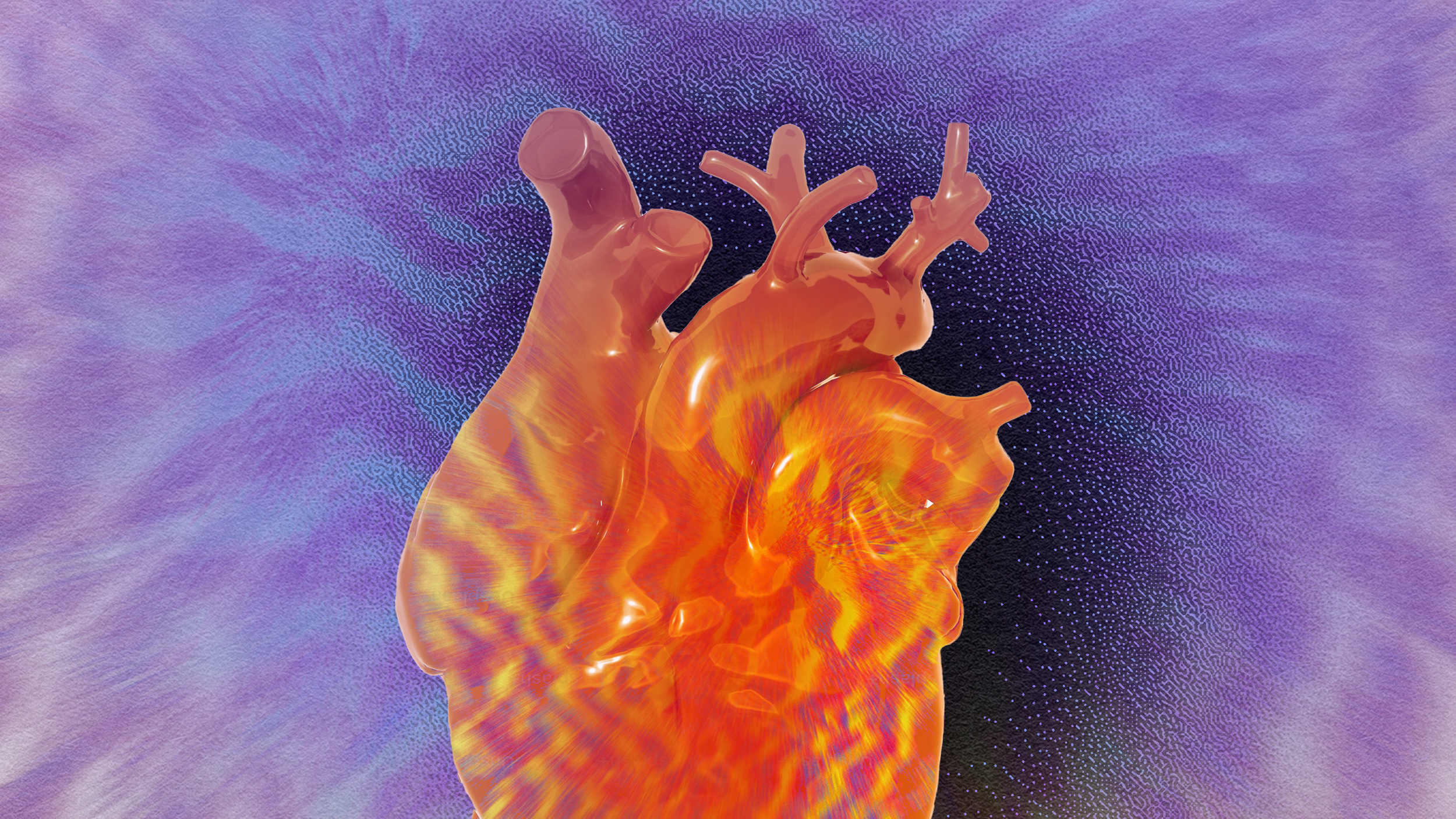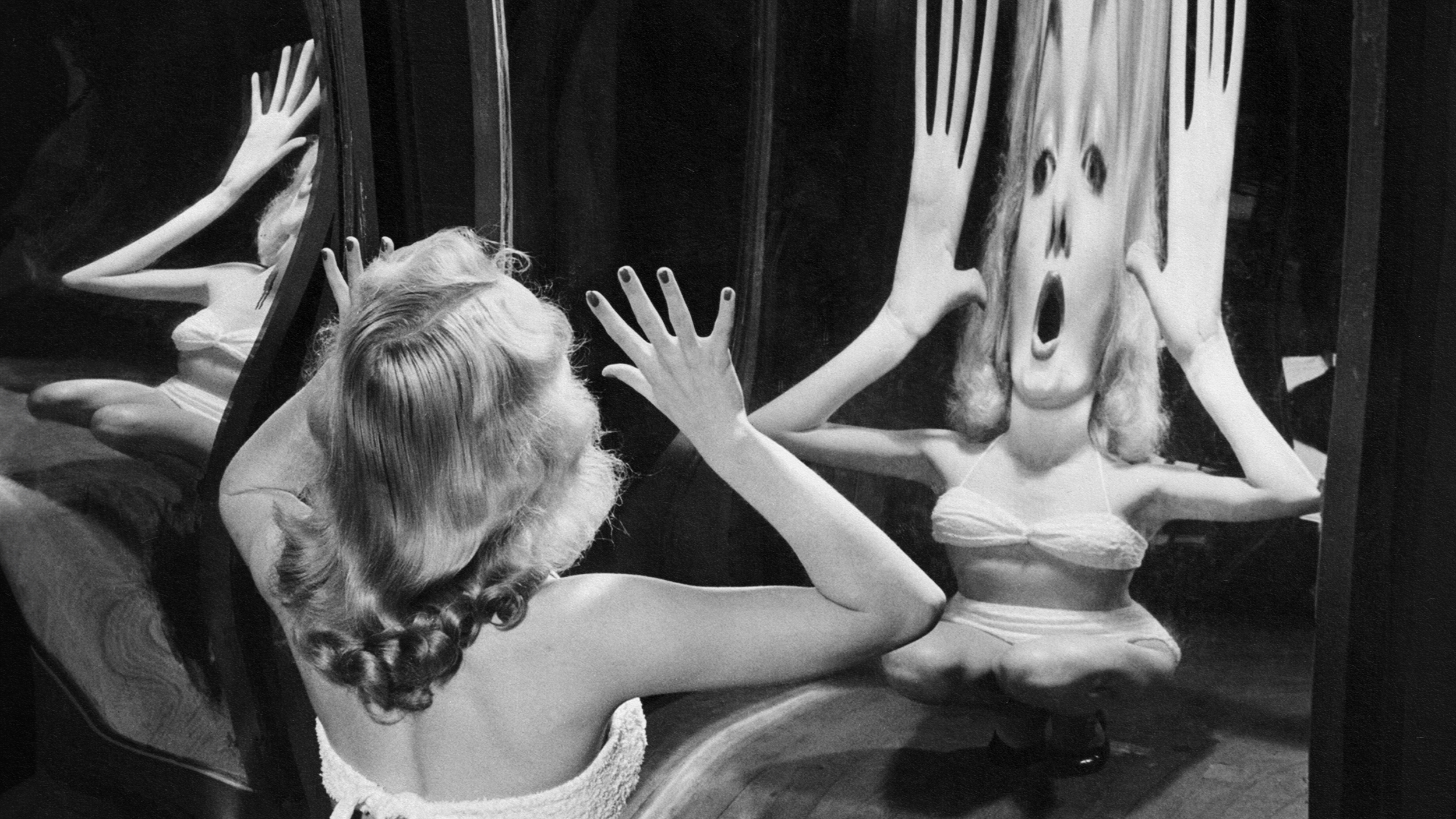How to Change Your Mind: What the New Science of Psychedelics Teaches Us About Consciousness, Dying, Addiction, Depression, and Transcendence
MICHAEL POLLAN: So how do these psychedelics work? Well, the honest answer is: We don't entirely know. But we know a few things. One is, they fit a certain receptor site -- the serotonin 52A receptor -- and they look a lot like serotonin, if you look at the molecular models of them. And in fact, LSD fits that receptor site even better than serotonin does, and it stays there longer, and that's why the LSD trip can last 12 hours.
What happens after that, we don't really know. It's an agonist to that receptor, so it increases its activity. And this, the neuroscientists say, "leads to a cascade of effects," which is shorthand for "don't really know what happens next." But one thing we do know, or we think we know, is that it appears that one particular brain network is deactivated or quieted, and that is the default mode network. This was discovered not very long ago by a researcher in England named Robin Carhart-Harris, who was dosing people with psilocybin and LSD and then sliding them into an MRI machine to take an FMRI, a Functional Magnetic Resonance Image. And the expectation, I think, was that people would see an excitation of many, many different networks in the brain. That's what the kind of mental firework foretold. But he was very surprised to discover that one particular network was down-regulated, and that was this default mode network.
So what is that? Well, it's a tightly linked set of structures connecting the prefrontal cortex to the posterior cingulate cortex to deeper, older centers of emotion and memory. It appears to be involved in things like self reflection, theory of mind (the ability to impute mental states to others), mental time travel (the ability to project forward in time and back) which is central to creating an identity, right? You don't have an identity without a memory. And the so-called autobiographical memory, the function by which we construct the story of who we are by taking the things that happen to us and folding them into that narrative, and that appears to take place in the posterior cingulate cortex.
So to the extent the ego can be said to have a location in the brain, it appears to be this, the default mode network. It's active when you're doing nothing, when your mind is wandering. It can be very self critical. It's where self talk takes place. And that goes quiet. And when that goes quiet, the brain is sort of, as one of the neuroscientists put it, let off the leash because those ego functions, that self idea, is a regulator of all mental activity. And the brain is a hierarchical system and the default mode network appears to be at the top; it's kind of the orchestra conductor or corporate executive. And you take that out of the picture, and suddenly you have this uprising from other parts of the brain, and you have networks that don't ordinarily communicate with one another suddenly striking up conversations. So you might have the visual cortex talking to the auditory system and suddenly you're seeing music. Or it becomes palpable. You can feel it or smell it -- synesthesia. So you have this temporary rewiring of the brain in the absence of the control of the regulator.
And this appears to have a beneficial effect in terms of jogging the brain out of bad patterns. Many of the disorders that psychedelics appear to treat well are manifestations of a stuck brain, a brain that is locked in loops, a mind that's telling itself destructive stories, like 'I can't get through the day without a cigarette. I'm unworthy of love. My work is shit.' These kinds of evidence of habitual thinking in a really negative loop are relieved. And it may be that an overactive ego is what punishes us. And that relief from that dictator is exactly what some people need to free themselves from habits -- mental habits and behavioral habits. That, at least, is the theory. I think there's a lot more we need to learn, but it's a very provocative theory. And then if we have a tool for behavior change, that's a huge deal. I mean, I know, having worked on food for many years, that changing people's food habits as adults is almost impossible. We are creatures of habit in many, many ways. And the older we get, the worse it gets. So if we have something that can kind of lubricate cognition, that can shake the snow globe, as another researcher put it, this might be very helpful in helping people escape these traps.






